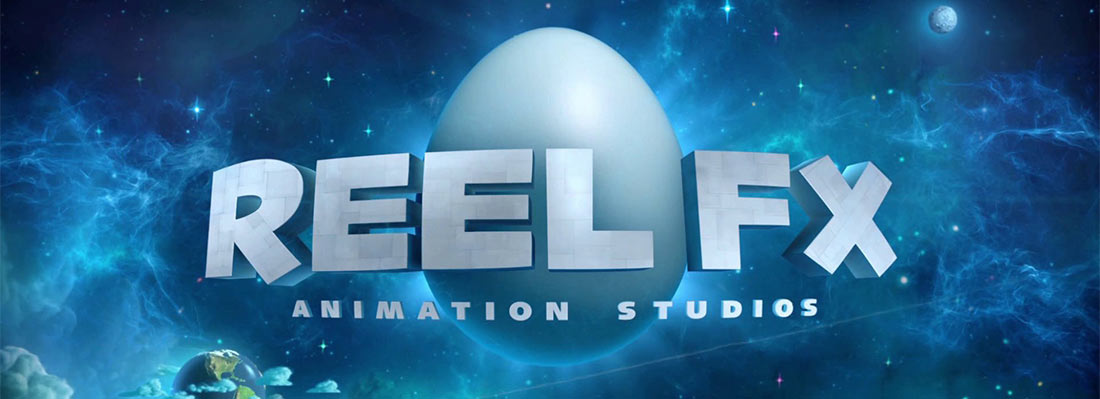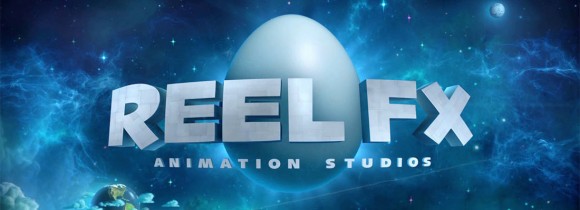

‘Free Birds’ and ‘The Book of Life’ Studio Reel FX Sues Co-Founder Dale Carman
Animation and effects studio Reel FX has sued its co-founder, Dale Carman, and three additional employees, as well as Carman’s stand-alone business, Carman Industries, LLC, alleging breach of contract, commercial bribery, misappropriation of trade secrets, and conspiring to cover up their actions, among other claims.
Ironically, Carman and his co-defendants — executive producer Gary Banks, commercial division general manager Keith McCabe, and director of digital interactive, Dan Ferguson — were recently fired by the same man Carman hired in 2004, chairman and CEO Stephen O’Brien, to take Reel FX to the next level. Originally filed in Dallas County court on August 31, Reel FX’s suit was removed to federal court last week.
The studio behind last year’s Golden Globe and Annie Award nominee for Best Animated Feature, The Book of Life, alleges that Carman and his co-defendants fraudulently diverted business opportunities from Reel FX to Carman Industries, costing Reel FX millions in profits. The lost opportunities identified in the complaint focused on commercial virtual reality “experiences” promoting sponsors like Frito-Lay and PepsiCo.
Carman, a shareholder in Reel FX who also served on its board of directors, spearheaded the studio’s commercial division and its forays into virtual reality. Led by Carman, Reel FX had become recognized as a player in the burgeoning VR field. In 2014, Reel FX announced a separate division dedicated to creating VR content, and had been one of the top developers for Oculus Rift, the pioneering platform scheduled to premiere in 2016.
In 2011, Carman founded Carman Industries with the knowledge of Reel FX shareholders and his co-workers. But O’Brien now claims that Carman told him that Carman Industries was created to develop a smart phone and computer app to teach children the alphabet.
Carman and the other defendants signed confidentiality agreements with Reel FX, promising to protect Reel FX company secrets such as customer lists, marketing plans, production systems, and other proprietary information. Reel FX claims to be shocked to have learned that Carman allegedly used his position at Reel FX and disclosed confidential information to gain business in the VR field for his own company.
In his defense, Carman asserts that he twice obtained the permission of the Reel FX management team for his separate business ventures. Though these ventures were in the “same type” of business as Reel FX, he claims Reel FX felt the ventures were too “risky” and allowed Carman to go forward with them on his own. Now that Carman Industries has shown that the ventures can be profitable, Carman claims, Reel FX seeks to make off with the profits he earned through years of “risk-taking and hard work.”
Carman also alleges that it is the “wealthy investors” who have taken over Reel FX that are behind this attempt to “crush” him. Founded in 1993 by Carman and David Needham, Reel FX began as a work-for-hire shop, growing from a two-man studio to employing over 100 artists and production personnel.
In the early 2000s, the studio began a major expansion, attracting outside investors and bringing in O’Brien, a one-time investment banker. The company subsequently produced animated features such as 2013’s Free Birds and 2014’s The Book of Life.
Currently, the majority shareholders in Reel FX are Tom Kartsotis and the Kartsotis Family Trust, who run the fashion company, Fossil, which primarily manufactures watches and jewelry.
Reel FX seeks a permanent restraining order against the defendants, and also asks that the court force them to pay back all profits from the projects to Reel FX. The Dallas County court granted a temporary restraining order, prohibiting the defendants from soliciting further work for Carman Industries, or using Reel FX’s confidential information.
On September 27, Carman Industries, LLC filed for bankruptcy. On September 28, the Dallas County court also granted a temporary injunction in favor of Reel FX, an indication that the judge believes the plaintiffs have the stronger argument in the case. Because bankruptcy is a federal matter, it allows the defendants to remove their case from the local Dallas County courthouse to federal court, where the case will now continue.
